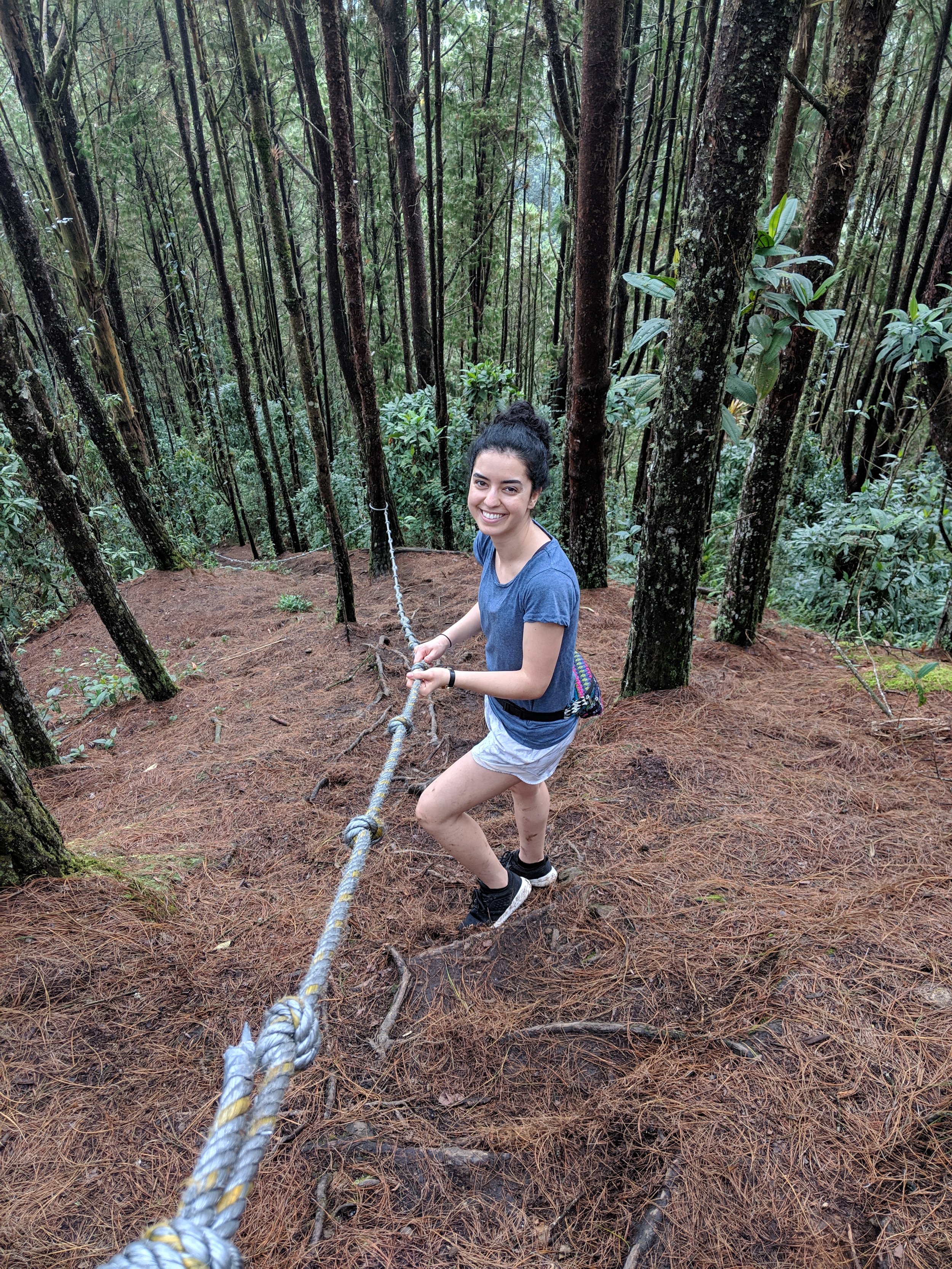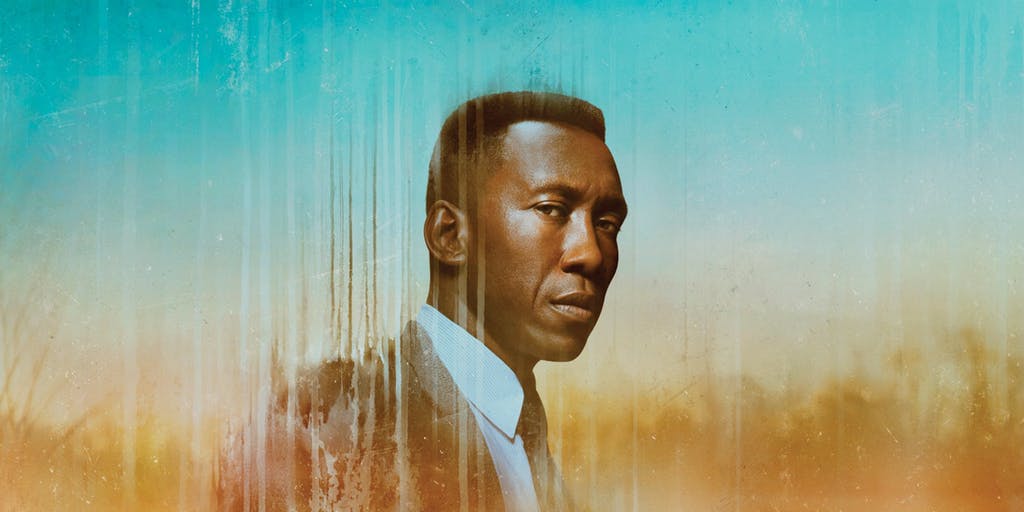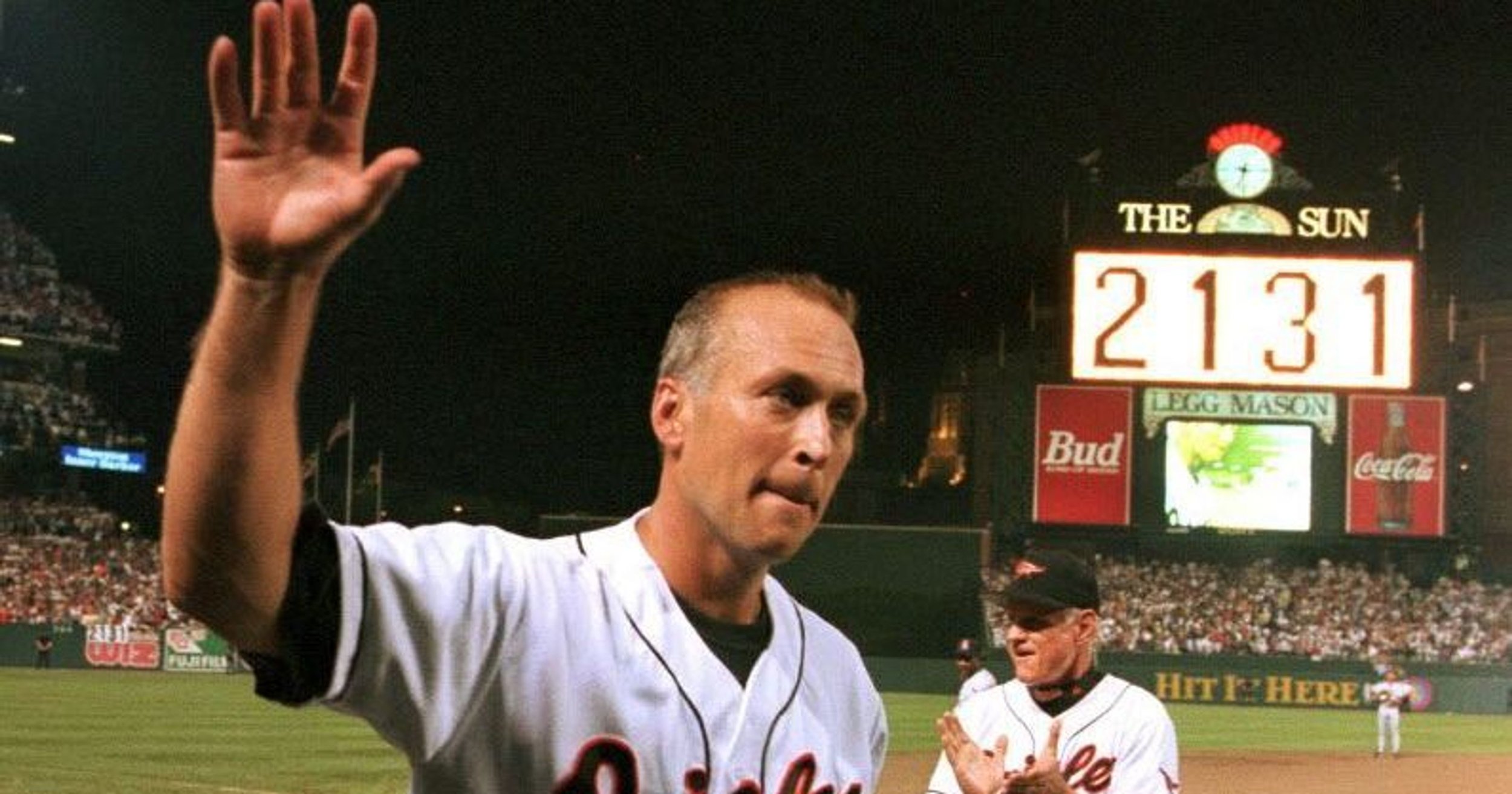In the last couple of months, the world has been confronted with the massive concern and spread of the coronavirus (COVID-19) which is unlike anything most of us have ever seen in our lifetimes (unless you were alive in 1918 for the flu pandemic). There has been so much talk about how to properly deal with it, who is doing it right, who is not, and whether we should be panicking or not. I’m a big believer that panic is never a helpful reaction even in serious crises. Nobody ever looks back on a situation in the past and thinks “I really wish I would have panicked more.” But often, we do look back and think “I wish we would have been more prepared.” There are obviously a lot of different versions of what “prepared” looks like, but there’s no denying that what we’re seeing now, seems to fall short of most definitions.
Bill Gates understood this years ago when he gave this TED talk which I recommend watching in full as some of the uncanny predictions and issues he was worrying about seem to be coming true in front of our eyes.
It’s not obvious why we aren’t preparing full speed for the next pandemic, but my initial view is that it comes down to incentives. There are many powerful reasons we should be prioritising this research to develop the next generation of antibiotics or vaccines — yet we aren’t doing it.
The market can’t pour the amount of money (which is in the billions of dollars) it would take into research because the time horizon is indefinite so the investment may not pay off for decades if not longer. And for similar reasons, the government isn't funding it because raising taxes or diverting money away from other governmental programs to combat some future disaster that may or may not happen, is a difficult platform to campaign on. Especially when you are trying to convince your constituents that your election would benefit them in the next few years.
I believe this lack of proper incentives is at the core of many of the issues we face societally, economically and even personally. So I’ll halt the discussion around the doom and gloom of COVID-19 (which I think we’ve all had enough of) to get to the real focus of this and the next couple of posts I want to write about which is incentives, what role they play in our lives and how we can use them to build better systems which allow us to be proactive rather than reactive.
Personal Incentives: Why we can’t stop eating cake
We’ve all been there. It’s your colleague’s birthday and they bring out the cake. It’s the ultimate personal turmoil. On the one hand, you want to be social and celebrate their birthday but on the other hand you’ve been doing so well on your diet and know that if you eat that cake you’re going to crash and your productivity will be ruined. Despite this, you have the cake. And once again you regret it and feel awful. Why, even knowing how negatively a decision would affect you, do you make it anyway?
Well there are a few reasons. One is that there are multiple incentives all vying to win out. The incentive of the taste of the cake and the dopamine hit from the sugar. The incentive of social belonging and taking part in the celebration with work colleagues. Both of these were battling against the incentive personally set of not eating sugar to avoid gaining weight and feeling tired the rest of the day. The first two incentives you’ll notice, run deep. The need to belong in a tribe and the desire for easy rich calories are wired so deep into our brains from the millions of years of evolution — the new years resolution to stop eating sugar that you made two weeks ago never stood a chance.
Humans are great about understanding incentives that when realised, have an impact immediately. But we’re terrible at optimising for the incentives that are a few steps beyond the first one, which as a principle are usually the most important. Even something as basic as ingesting sugar has three orders of incentives.
Initially, it’s positive with the great taste releasing dopamine in the brain and providing energy.
But then your insulin quickly mops up all that sugar from the blood stream leading to a second order consequence 45 minutes later with a sugar crash and brain fog.
And in the long term if repeated, the third order consequence presents itself with weight gain and the myriad of adverse health effects that come with it.
It’s the same reason as Bill Gates mentioned in the video above, we can put funding behind military preparedness and fail to put the same effort behind global health and disease prevention awareness. Having a strong military and thousands of nukes has something to show at the end. A bomb exploding is visual and immediate. That’s something we can react to, and to be fair really should warrant the kind of preparedness and attention we give it. But an invisible disease sometime off in the future? Which may or may not come to fruition, and when it does will take months to start to have real consequences? That’s a problem with no urgency and immediacy.
So we need to set up incentives for ourselves that can hack our instant gratification levers to force us into action and out of complacency. But first I want to introduce a few concepts about what types of incentives we encounter. There are a couple of ways to think about incentives:
The driver of the incentive - Is it positive or negative? - In other words is it a carrot or a stick?
How much control over the incentive do you have? - Is the realisation of the incentive fully within your control? Or is it something you can only hope you’ll reach/avoid based on your best efforts?
I’ve laid it out a bit more clearly in the matrix below:
Positive Incentive + Low Control: In this case the thing you’re striving for is good, but it’s not entirely within your control. For example, the promotion you want at work is somewhat in your control in that you’ll need to work hard and do your best, but at the end of the day it’s your boss that will decide and so the reward is really in her control.
Positive Incentive + High Control: This is where the outcome will be good if you achieve it and you have almost complete control of capturing that incentive. While we might all like to say we don’t have control over being able to exercise, the reality is it’s well within our ability to do something at least a few times every week which will help us feel better and healthier, gain muscle, and lose fat.
Negative Incentive + High Control: Once again, this outcome is well within your control but this time instead of working towards something good, you’re avoiding something bad. If you go to jail for stealing, barring some klepto-maniacal black out, this was in your control and could have been avoided.
Negative Incentive + Low Control: This is the most anxiety inducing category for many because the lack of control over a potential negative outcome is often difficult to accept. We can eat healthy, get enough sleep and wash our hands, but sometimes you just catch a cold and there is not much you can do beyond try to be healthy enough to get rid of it quickly.
When it comes to our goals and aspirations, we generally are running away from some future outcome (e.g. running out of money) and/or running towards an opposite outcome (e.g. setting up financial stability for the future). But even when we explicitly write out or are aware of these potential futures, why is it so hard to continually march towards your goal?
As I previously mentioned, we are wired for instant gratification. While we are all aware that we’re more cognitively complex than our dogs or a chicken, the truth is we share the 75% of our DNA with chickens and even more with our dogs. And the core drivers of all life (feeding, reproduction, etc.) are almost exactly the same across all species. The means of achieving them varies wildly, but the innate drives are almost all the same. Which means when you try to think your way into a good habit, you’re fighting forces far beyond your brief existence. And even more than this, these forces almost always happen outside our conscious awareness.
The first step in creating the right incentives then, is humility. When you once again fail to turn down that piece of chocolate, shame is often the response that comes with it. And it seems like you’ve just succumbed to a piece of chocolate which feels weak and ridiculous. But in reality you’ve actually just succumbed to one of the strongest forces on the planet! This seems like an overstatement but when you think about that for the vast majority of life on earth, rich calories available on demand was a utopian dream, the fact that you ate something that tastes delicious is only rational. In fact turning it away is the irrational move. Shame is unhelpful in this situation because you’re attaching negative emotion to something that 90% of your being is telling you is the right thing to do.
But despite our similarities to other species, our cognitive ability does have distinct advantages in combatting these forces. Planning for the future is something that humans do better than any other species. Granted, we’re still not great at it but compared to most other species we’re miles ahead. It’s not just the fact that we can conceive of the future but we can conceive of multiple futures and assess their merits. That future forecasting ability is what allowed us to even build the systems we have that allow us to have rich calories available whenever we want. (Obviously for many on earth, that is still not the case but that number is going down every year). But conceiving of multiple futures is also what allows us to understand that eating excessive chocolate everyday will lead to poor health.
On a personal level, setting the right incentives is how we build habits. And tiny habits done each day consistently accumulate into a routine and then into a reputation and finally an identity*. Building lasting habits takes a lot longer than most people think but is actually much easier than most people think. From my experience, the best habits I’ve built are the ones where I’ve managed to focus on the 2nd and 3rd order consequences rather than the immediate impact. I’m by no means perfect or even an expert on building good habits but the way I’ve come to think about them has helped me, and can be summarised in a few straightforward steps:
Think about what "better” is for you: before even beginning to plot out your habits, probably the most important step is to think about what doing better actually means for you. The same habit in two different people can have completely different meanings. Let’s say one person is an athlete training to get stronger and pack on muscle while another is someone who works a desk job and is struggling to keep from gaining weight. For one of them, building the habit of eating excessive calories is a necessity to supply the body with the fuel and raw materials it needs to gain muscle, while that same habit for the other person is creating health issues and contributing to their poor health. All the habits must flow from the goals, not the other way around.
Find the smallest possible change you can make today: from my experience and the books and articles I’ve read on this topic, the number one reason people fail to maintain good habits or can’t cut bad habits is trying to do too much too soon. They’ll commit to going to the gym for an hour and a half six days a week as their new exercise regimen. Or they’ll start journaling by trying to fill up five pages of their notebook each day. This is a crucial mistake. Because while it seems like habits are best made with a clear starting point and the perfect plan to get to your goal as quickly as possible, this is almost always doomed to fail. By setting the bar too high, any performance below that bar is seen as a failure and an excuse to quit. As Tim Ferriss says “the imperfect plan you’ll stick to is better than the perfect plan you won’t.” So start with five push ups a day, or one sentence in your journal. Habits work off momentum, not aspirations.
Keep track: once you’ve started a new habit, it’s very easy to lose steam. One of the easiest ways to combat this is by physically tracking your progress. A famous example is from Jerry Seinfeld in his practice of “not breaking the chain.” As a stand up comedian, writing consistently is important so the way Jerry held himself accountable was with a monthly calendar and each day he wrote, he would mark a big X with a Sharpie across the day connecting to the X from the previous day. After enough days, momentum builds and the desire to not “break the chain” will overwhelm the desire to skip a day.
Zoom in and out as needed: there will be days where you will come up against two types of resistance. On one end you may feel your tiny habit today is insignificant in the grand scheme of things so why do it. On the other end, you might feel that the goal you’re going after is too big and unattainable or even impossible. In both cases, this is an issue with perspective. If you’re struggling with triviality, zoom out and look at the progress you’ve made so far. Lump all of your progress in that area and other areas together and use that as a gauge of how much closer to your goal you are and how if you continue there will in fact be a day where your goal is realised. If you’re struggling with the magnitude of your goal one action could be to re-evaluate your goal based on your progress, but more likely you just need to zoom in to the small action you can do to continue to progress.
Be ok with missing two days, but don’t tolerate anything longer: you’re going to fall short or completely miss days, and this is fine. This is the other key mistake we make when building habits. We incorrectly assume that missing a single day means utter failure. This completely misses the point of a habit. It’s not about one unbroken streak to success. It’s about an upward trajectory that eventually gets you to where you want to go. When you feel like a single day of working out isn’t going to make that big of a difference, you should remember that missing one day won’t either. But try to avoid going much beyond two days because this could easily turn into its own bad habit.
Train to never acknowledge first order consequences: the true assessment of whether a habit is good or bad comes after the initial consequence. So the later consequences are the true incentives. For the most part, the things that should motivate you should be from what your action will produce six months from now not what it produces in the moment. Whether it’s having a difficult conversation with your partner or waking up an hour earlier each day, if you can write out what effect that will have one year from now you can suffer through the immediate consequences. And after enough time, you won’t even notice the pain in the moment because you’ll be used to it and have ingrained how good it is in the long run.
Now, if that all clicks intuitively then you can skip the next section, if not here is how that plays out in practice with an example from my own life of how I started taking cold showers everyday.
I’ve always had very dry skin and looked for ways to counteract it with different lotions, oat baths and various other solutions. But one day my friend in San Diego was telling me about this guy Wim Hof who had all these world records for cold exposure (running a half marathon above the artic circle—barefoot in shorts, swimming underneath ice for 66 metres and several other crazy endeavours). My friend said he had started using his method of taking cold showers and had seen a bunch of benefits including his hair and skin feeling better (there are way more benefits so if you’re curious check this out). So despite how much I love a good hot shower, I decided it was worth a try.
As prescribed by Wim Hof, I started by taking my normal hot shower and doing all the washing but at the very end, turning the knob all the way to cold finishing with 20 seconds of ice cold water. And I’ll be honest, it was awful. For those who have done this, you know the air immediately rushes out of your lungs and the shock is almost unbearable. But even after just a week I started to notice I felt more energised after getting out of the shower and ironically felt warmer. And after a few weeks I began to notice my dry skin becoming less and less of a problem.
I used to keep track in a notebook checking off each day, but since then I’ve found an app called Daylio which is great for keeping track of activities. You can program in whatever habits or activities you want to track and at the end of the day you’ll get a reminder to do your log for the day and you can just select the things you did that day and it takes about 10 seconds.
As I progressed from 20 seconds at the end of the shower to being able to get in cold and take a full 5-10 minute cold shower, there came a time where I felt I had plateaued and I had forgotten what it was like to be dealing with my skin issues on a daily basis so the desire to take a nice hot shower crept back in. But I just tried to remind myself how good I felt and zoomed out to see that even if the cold shower made my day 2% better, if I continued long enough that meant my life could be 2% better, which is not insignificant.
Let me be clear though, hot showers are very much still a part of my life. If I’m showering at the end of the day, the last thing I want to do is jack my heart rate up with a cold shower right before I get into bed. At that point, I just want to wind down and relax with a hot shower and generate a massive heat dump so my body can cool off before falling asleep. But even some mornings (especially in the middle of winter in London) the last thing I want is to step into a cold shower at 6AM, so I’ve had plenty of days where I’ve skipped. But the benefit of sticking with a good habit long enough is that you are hyper-sensitive to how bad you feel when you don’t stick to it. On days where I start with hot-only showers, I feel lethargic and tired. And if I string a few of those days together, my skin issues start to re-appear so it’s hard for me to get off track for very long.
To this day, the moments in the shower are still not exactly enjoyable but it’s way easier than it used to be and I now don’t even think about the cold shower itself but rather how good I feel when I get out. It sounds like the old parable of the guy who was banging his head against the wall when another man came up and asked him why he was doing that. He responded “because it feels so good when I stop.” But this is slightly different because this actually does provide several health benefits that persist past the immediate relief of turning the cold water off.
Luckily, most personal incentives are somewhat within our control. Obviously, we didn’t choose that spinach would be better for us than OREOs (although I’d like to have a word with whoever did). But we all have an intuitive sense of what is better for us in the long run and understand the rules of the game, so I’d put most of our personal incentives and the habits we put in place for striving for those incentives into the high control category.
However, once we get beyond the personal we have less and less control. And the rules put in place were often put there by people long before we ever showed up. While we can set up our own incentives and build our own habits, when the incentive is put in place by someone else and then protected by massive institutions, it can be difficult to do anything but to fall in line based on the structure around us.
One institution and area where this has caused massive issues is the one that seems to surround us 24/7 today with the internet — the news and media industry. This is clearly one area where the incentives have become so misaligned to public interests that it beggars belief. And how we got to this place is hard to see, but that will be the topic in the next chapter of this series of posts.
Footnotes:
* Much of the science of habits is in Charles Duhigg’s bestseller the Power of Habit. A more granular view of how to build good habits and break bad ones is in James Clear’s book Atomic Habits. Both of which I highly recommend.
References/Resources:
[Researchers Compare Chicken, Human Genomes | NHGRI](https://www.genome.gov/12514316/2004-release-researchers-compare-chicken-human-genomes)
[Share of the population living in extreme poverty - Our World in Data](https://ourworldindata.org/grapher/share-of-the-population-living-in-extreme-poverty?tab=chart&time=1990..2015&country=CHN+ETH+GHA+IND+IDN)
[To Achieve Your Goals, Lump and Slice - By Lee Anne Fennell - Behavioral Scientist](https://behavioralscientist.org/to-achieve-your-goals-lump-and-slice/)
[The History Of The 'Iceman’ Wim Hof | Wim Hof Method](https://www.wimhofmethod.com/iceman-wim-hof)
[James Clear](https://jamesclear.com/)
[The Power of Habit by Charles Duhigg](https://charlesduhigg.com/the-power-of-habit/)
































